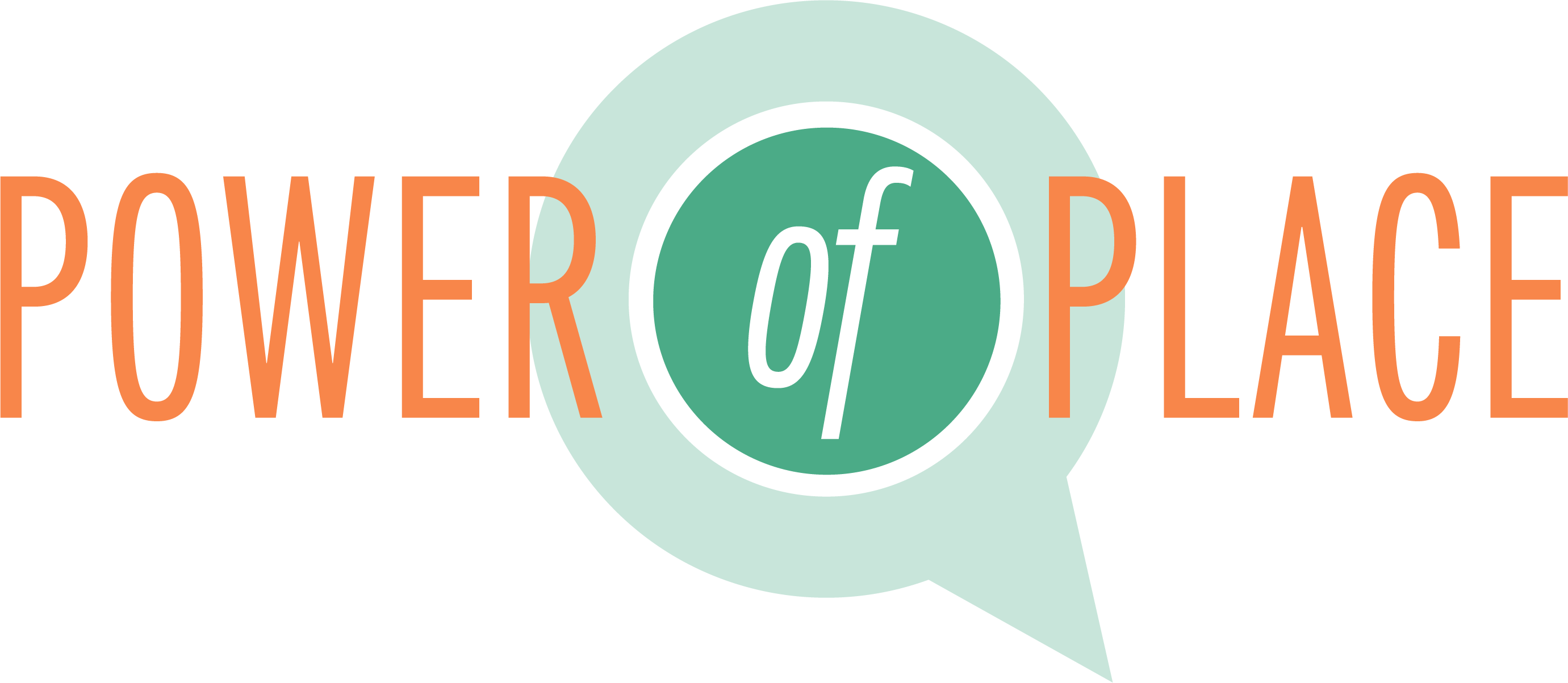October 12, 2023 Read Time:
ResilienceConnecting
For me and my extended family, the past several days have been gut-wrenching. We could only watch in disbelief as Hamas terrorists violently attacked Israel. I lived in Israel briefly and have dozens of friends and relatives who have made Israel their home. Since Saturday’s attack, some of them and/or their children are now on military duty. I fear the repercussions of this terrorist attack in the weeks and months to come for Israel, the region and the entire world.

Israel is 5,500 miles away from Boston, and at times like this the geographic distance feels especially challenging. Right now, I feel helpless, angry, and very sad.
I am sickened by the disturbing images on television and social media that have entered our collective landscape since the attacks. As adults, we have the benefit of life experience and historical context to help us understand what we’re seeing, but that is not the case for our children and young adults. It is our responsibility as educators to make space for reflection and conversation, even as we might wish to avoid the inevitable discomfort. There are lots of resources out there that could help, but we recommend that you start with these:
- Common Sense Media offers age-based tips on how to talk with young people about disturbing headlines and how best to listen to and help them process their thoughts and feelings.
- Facing History and Ourselves also offers classroom resources related specifically to making sense of war in the Middle East.
The Israeli national anthem is “Ha-Tikvah,” which means hope. It is my fervent hope that the violence and bloodshed end soon, and that a path to lasting peace in the Middle East can be forged in our lifetime.

